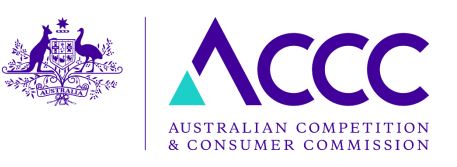The Australian Competition and Consumer Commission is introducing a new collective bargaining class exemption.
The new exemption, due to become available from later this month, will allow small businesses, franchisees and fuel retailers to collectively negotiate with their suppliers and processors, franchisor or fuel wholesaler respectively, without first having to seek approval using the ACCC’s existing authorisation or notification processes.
Collective bargaining can produce potential cost and time savings for both sides of negotiations and might give group members more of a say on contract terms and conditions.
The ACCC recently gained the power to make ‘class exemptions’ for specific types of business conduct.
The power for the ACCC to make class exemptions was one of the recommendations of the Competition Policy Review headed by Professor Ian Harper (the Harper Review) in 2015.
This new power is in addition the ACCC’s existing authorisation and notification processes that allow businesses to seek legal protection for arrangements that risk breaching competition law.
Class exemptions remove the requirement for businesses to lodge individual applications for authorisation or lodge a notification.
The ACCC can make a class exemption if it is satisfied that the conduct is unlikely to substantially lessen competition or is likely to result in a net public benefit.
The ACCC must specify the time period for which a class exemption will be in force. The maximum period is 10 years.
The collective bargaining class exemption is the first class exemption the ACCC has made under this new power.
This class exemption will apply to businesses and independent contractors who form, or are members of, a bargaining group, and who each had an aggregated turnover of less than $10 million in the financial year before the bargaining group was formed.
This will cover more than 98 per cent of Australian businesses.


